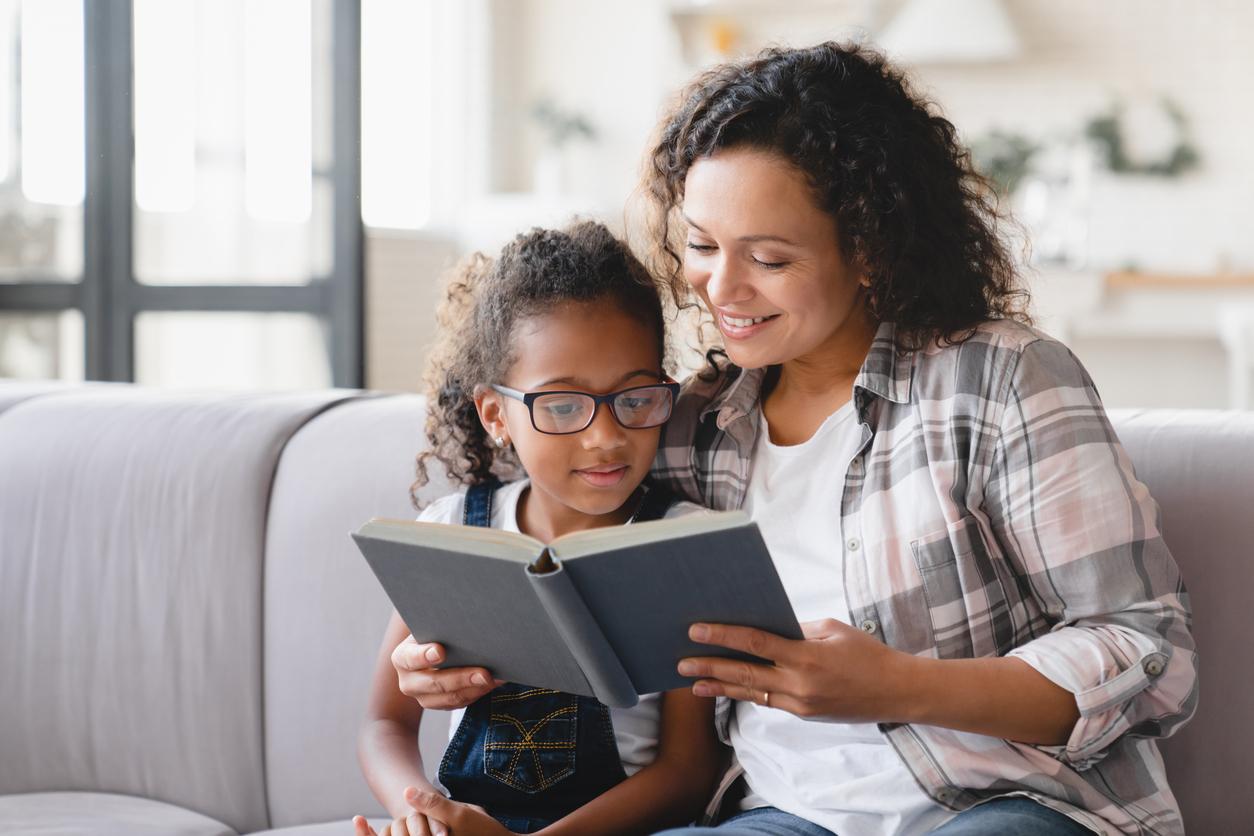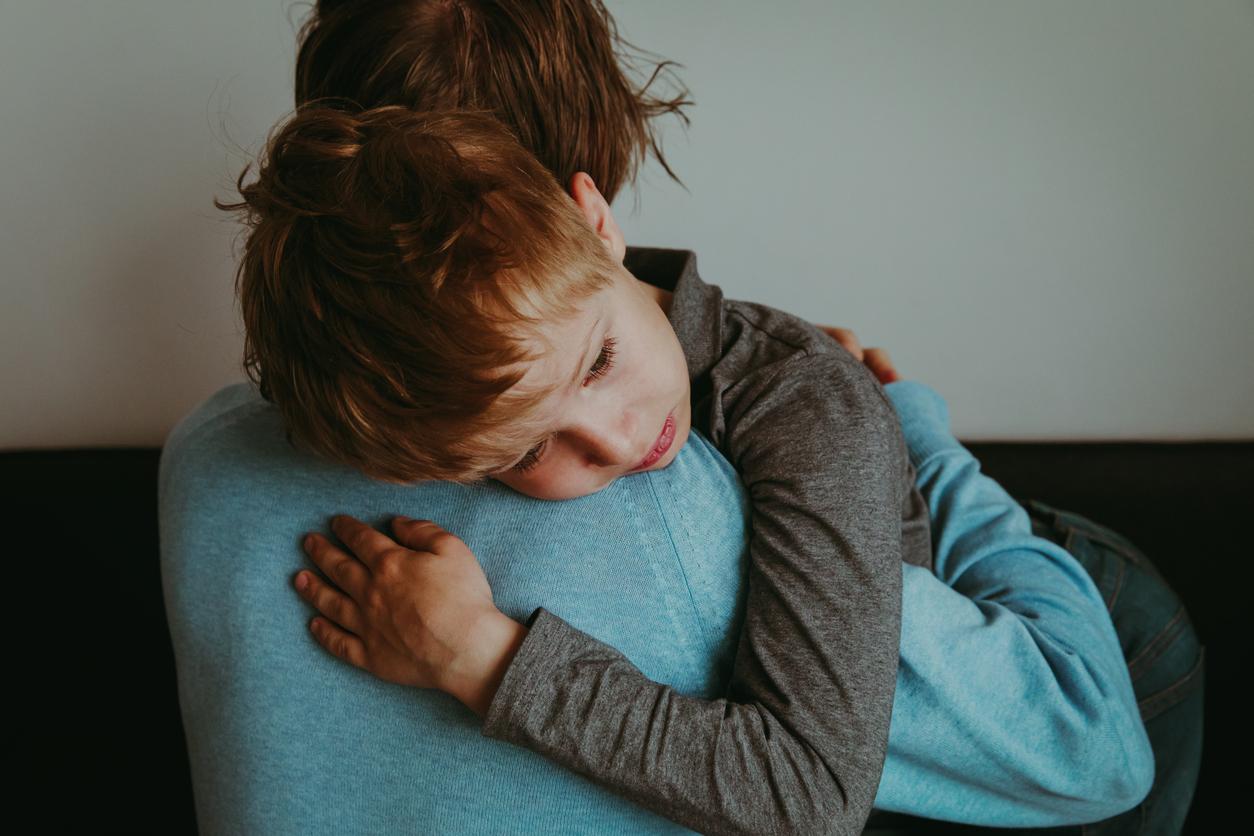The more stories parents read to their children between the ages of one and two, the larger their vocabulary is, according to a new study.

- 1- and 2-year-olds whose parents read stories to them often had larger vocabularies than those whose parents read stories to them less.
- The reason is due, according to researchers, to two reasons: exposure to a greater diversity of words during reading and interaction between parent and child.
- On the other hand, in 2-year-old children only, vocabulary decreased as the time spent in front of screens increased.
Say mom, say dad, can you read me a story? Granting this request pleases the child, but that’s not all! According to a new study published in the journal Journal of Child Languagebabies aged one to two years to whom parents read more stories have more vocabulary.
Reading increases the vocabulary of young people
During their work, the scientists asked the parents of more than 1,400 Norwegian children, aged one to two, the words their babies understood or said. At the same time, they were also asked to indicate the frequency with which they read stories to their children.
Thus, the researchers observed thathe 1- and 2-year-old children to whom parents often read stories had a larger vocabulary than those to whom parents read fewer stories. On the other hand, in two-year-old children only, vocabulary decreased as the time spent in front of screens increased. In other words, the benefits of reading by parents could be reduced by the use of screens.
Parents should limit screens and prioritize reading
“These results show an association between activities and language development from the first years of a child’s life and support recommendations that, for young children, we should read more and perhaps reduce the time spent in front of a screen”, indicates Audun Rosslund, one of the authors, in a press release.
Once the link was established between reading and vocabulary, researchers wanted to understand the reasons. According to them, reading by parents enriches the child’s vocabulary in two ways: through exposure to a greater diversity of words from books and through the interaction between parent and child. On the other hand, screens limit this bond between parents and children and, more generally, interactive activities, which could explain the correlation between screens and loss of vocabulary.
“In the future, we hope that researchers will also study the possible impact of the quality of screen time on language development”, concludes Audun Rosslund.














